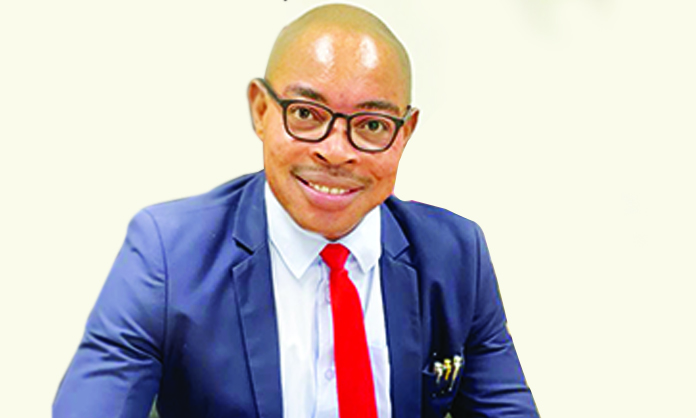It’s regretable that people with disabilities continue to face exclusion from the economy in terms of employment, skills training, education and other critical areas of development.
Recent reports indicate that 95% of those living with disabilities in the Kunene region are unemployed, while in the Khomas region, it is nearly 70%, according to the Namibia Association for Wheelchair Users.
Furthermore, the United Nations Children’s Fund reported that Namibia’s disability spending falls below adequate levels.
Nearly 15% of Namibians live with disabilities yet expenditure remains relatively low. Between 2018 and 2023, disability spending averaged below 0,4% of the Gross Domestic Product (GDP) and below 1,4% of the total budget.
The national disability prevalence rate is estimated at 5% of the total population in Namibia. This means approximately 125 000 people live with disabilities, with prevalence among women.
It really does take a significant mental shift to meet the needs of those with disabilities.
Realising their particular difficulties, promoting inclusivity and making a concerted effort to establish a welcoming and encouraging atmosphere are all necessary.
Disability awareness is a crucial aspect of promoting inclusivity and understanding.
The people tasked with caring for the disabled are not doing enough to help them integrate into the mainstream economy.
To guarantee the full participation and inclusion of people with disabilities, the deputy minister of disability affairs and organisations dedicated to supporting and advocating for the rights of people with disabilities must raise awareness and encourage principles of accessibility and universal design in all spheres of society.
The socio-economic gap between persons with and without disabilities is increasing because persons with disabilities experience low levels of education, higher rates of unemployment and economic inactivity and a lack of social protection in comparison to their peers without disabilities.
Persons with disabilities have an important role to play in making a positive contribution to the country.
A person with a disability develops into a well-adjusted, productive worker in an atmosphere of acceptance, cooperation and goodwill.
Namibia has ratified various international conventions affirming a commitment to accept persons with disabilities, focusing on their abilities and not their disabilities; providing equal education and employment opportunities and treating them with the respect due to every human being.
Persons with disabilities in Namibia persistently face stigma, discrimination and barriers to accessing basic social services and economic opportunities.
They may experience negative attitudes at family and community levels, including name-calling, negative beliefs and misconceptions surrounding the causes of disabilities.
These negative attitudes manifest in rejection, neglect, loss of respect and denial of identity or self-worth and often results in low self-esteem, depression and isolation.
In addition, many will experience frequent denial of job opportunities, employers’ negative attitudes, inappropriate job placements, lower expectations at work and a lack of reasonable accommodation.
These challenges compound the vulnerability of persons with disabilities.
It is important that the government, organisations, policymakers and decision-makers are aware of the importance of disability as a development issue and enhance data collection on disability.
Furthermore, investments in inclusive employment and livelihood interventions are critical to addressing unemployment challenges among persons with disabilities.
This includes entrepreneurship training and business advisory services, as well as the promotion of locally-produced assistive devices and accessible workplaces.
Disability-focused organisations in Namibia should be empowered to support this process and provide services to persons with disabilities. Furthermore, organisations must ensure that persons with disabilities are represented in their workplace and their talent pipeline.
Employers should implement practices that encourage and help progress persons with disabilities, offering mentoring and coaching initiatives, as well as skilling/reskilling programmes to ensure that persons with disabilities continue to grow and succeed.
Persons with disabilities should occupy roles at all levels, including top leadership positions. At the same time, chief executives and investors need to understand the strong qualitative and quantitative business case for robust disability inclusion programmes.
By making companies aware of the potential gains, sharing success stories and demonstrating how to build a more inclusive talent pipeline, we can quickly get more persons with disabilities into the workforce.
Disability inclusion isn’t just about making life better for your customers and employees; it’s a smart business move too.
By putting disability on the business agenda, brands have a real opportunity to increase appeal to a wider customer base and attract and retain the very best talent.
Brands that embrace disabled people can inspire so many in the next generation to realise their dreams; to realise that nothing is impossible.
Dedicated leadership roles for disability experts in decision making is essential, persons with disabilities should be included in all policy making and implementation for economic development.
Stay informed with The Namibian – your source for credible journalism. Get in-depth reporting and opinions for
only N$85 a month. Invest in journalism, invest in democracy –
Subscribe Now!






